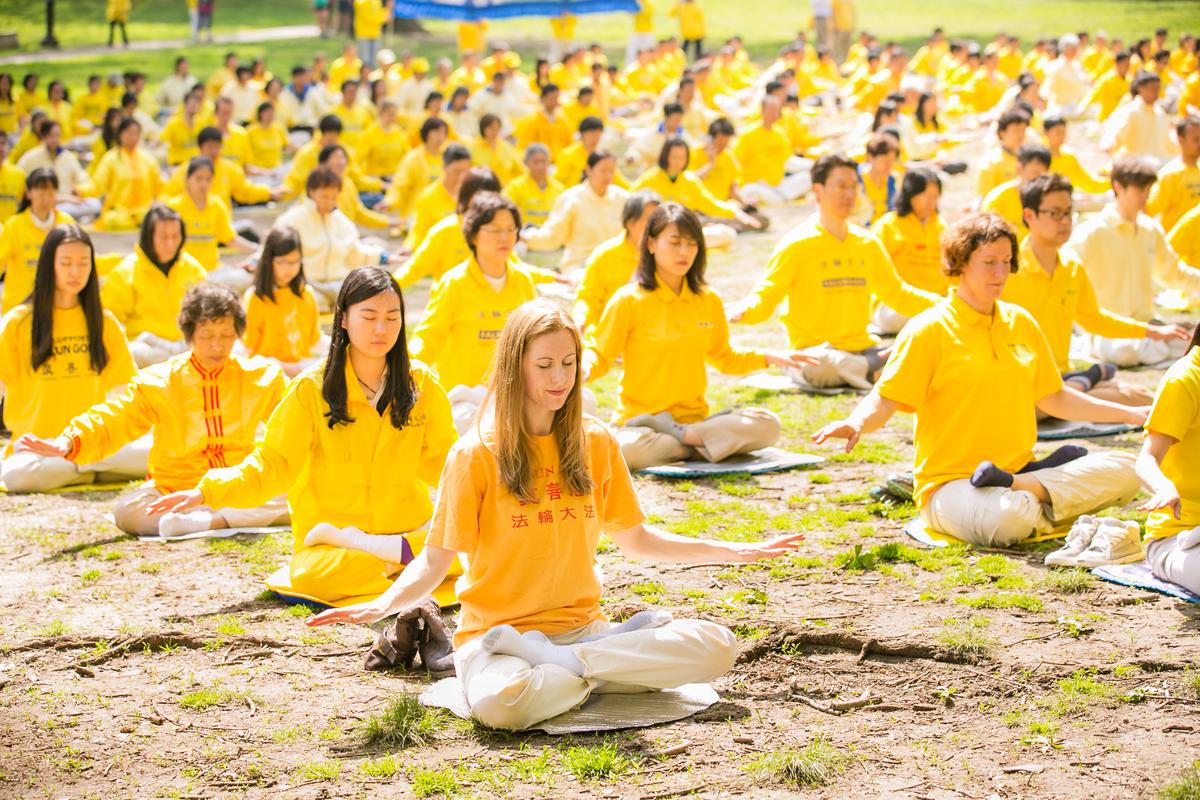How often do you fall sick, catch a cold, or come down with a fever? And how do you usually recover from it? Do you just wait it out, or head to a doctor or a pharmacy? Do you seek herbal remedies of Chinese medicine? Or is there an alternative unconventional approach that brings you back to peak health?
1. Western Medicine
This is the method we are most familiar with, so no need to explain it in great detail. For most people in our society today, when they fall ill, they visit a doctor of Western medicine or a pharmacy for prescribed pills, which they take until they recover. These pills generally attack the disease or disease systems directly, and largely bypass the body’s own disease-fighting systems.If you have a fever, the pills will suppress the body’s fever response, which is actually an immune response used to burn out pathogens but can become dangerous if the body overheats in the process of fighting the disease. Western medicine has a set of clinical theories and treatment methods that include pills, surgery, injections, radiation therapy, etc.
Western medicine focuses on direct methods like “fix the head when the head hurts” and “fix the foot when the foot aches.” For example, radiation therapy might be given to someone undergoing cancer treatment, whilst a fever would require antipyretics. On the other hand, a tumor can be removed via an operation.

2. Traditional Chinese Medicine
Traditional Chinese medicine (TCM) employs a holistic approach to treating an illness instead of solely relying on medication. It tries to work with the body’s existing systems, to strengthen them to fight the disease or it directs the patient in how to remove the root cause of the disease.Thus, when a doctor of Western medicine deduces that a cold was due to virus infection, a doctor of TCM, on the contrary, would conclude that it was a result of the imbalance of yin and yang caused by blocked energy channels, which in turn may have been caused by emotional upheaval, lack of rest, or a poor diet.

“This is very different from Western medicine, which is more focused on curing illness after it develops. Chinese medicine aims to maintain and optimize health and wellbeing and is a preventative form of medicine,” she added.

Citing the reason for the price variation, he said it’s because, in this case, the patients will be shouldering the “responsibility for their own wellness by watching their diet and making prescribed changes to their lifestyle in order to heal.”
3. Qigong
Apart from Western and Chinese medicine, there are now many popular yet unconventional ways that people choose to get relief from their ailments, especially when neither of the conventional methods work.One of them is “qigong,” a modern term that most people recognize as slow-moving exercises like tai chi. In fact, the term actually means self-improvement cultivation practice. Cultivation practices, especially ancient Chinese practices, are largely rooted in the religions of Buddhism and Daoism. Apart from doing the gentle, rhythmic exercises to keep fit, these practices entail the refinement of mind and spirit.

Dr. Yang mentioned that he would charge US$100 if someone seeks him out for TCM treatment. However, he promised to provide free services for those who want to learn cultivation practice—to be more precise, Falun Gong. The reason?
The TCM expert said it’s because, in this situation, “the patient has assumed complete responsibility for his or her own health and is on the road to wellness.” But how exactly does a cultivation practice, like Falun Gong, help a person gain physical wellness?

By the late 1990s, the number of people practicing Falun Gong in China skyrocketed to at least 70 million, according to the Chinese Communist Party’s official estimates at the time. The reason was Falun Gong’s much-acclaimed healing power, both spiritual and physical. Today, Falun Gong is practiced in over 80 countries by people from all walks of life.
“The medical healing power produced by Falun Gong [exercises] is hard to understand because it belongs to another paradigm,” Dr. Yang said, but shared that the cultivation of mind and spirit that Falun Gong teaches is “consistent with the modern understanding of health.”
Milan Freitag, a clinical psychologist, is not a practitioner of Falun Gong; however, he told CBS Health Watch that integrating mind, body, and spirit into healing is becoming a “powerful force.” “There is an emerging realization that it is not all about looking at the liver in isolation,” he said. “You have to look at the whole person: exercise, meditation, social support system, and mindful living.”
Having done research on the connection between the mind and body, and its relation to health, Freitag, a Ph.D. graduate, gave an example of how one’s mind can affect health. “Cumulative stress decreases the activity of the immune system and eventually takes a toll on our health,” he said.
